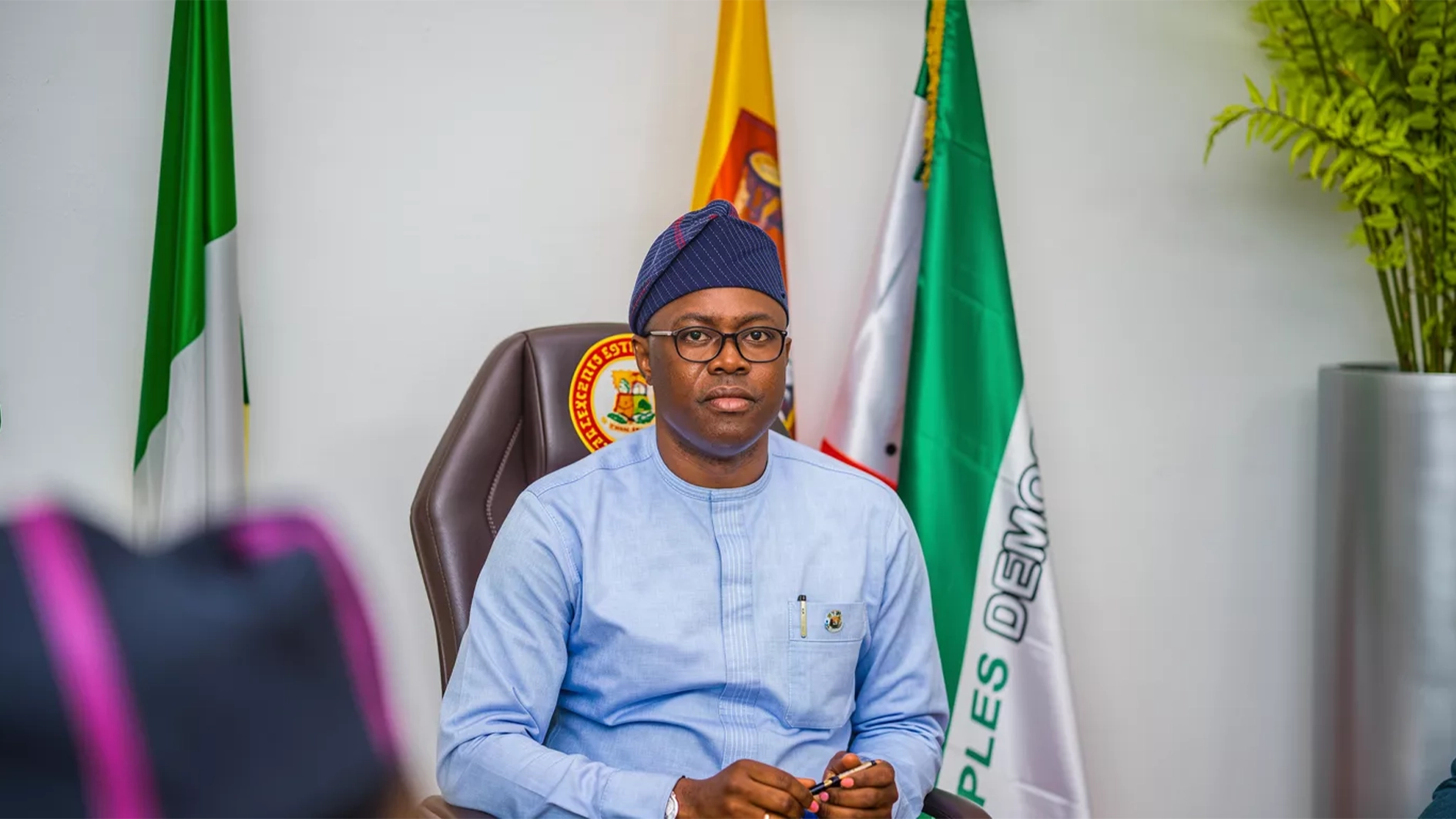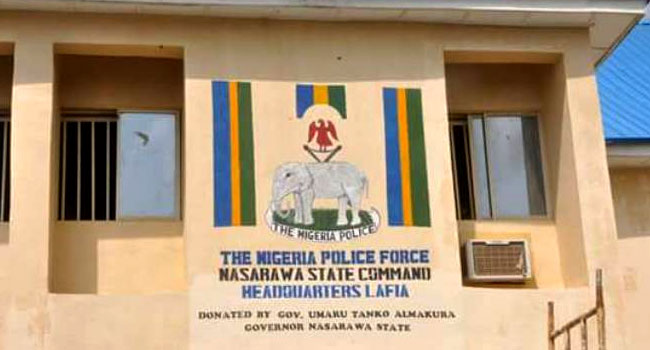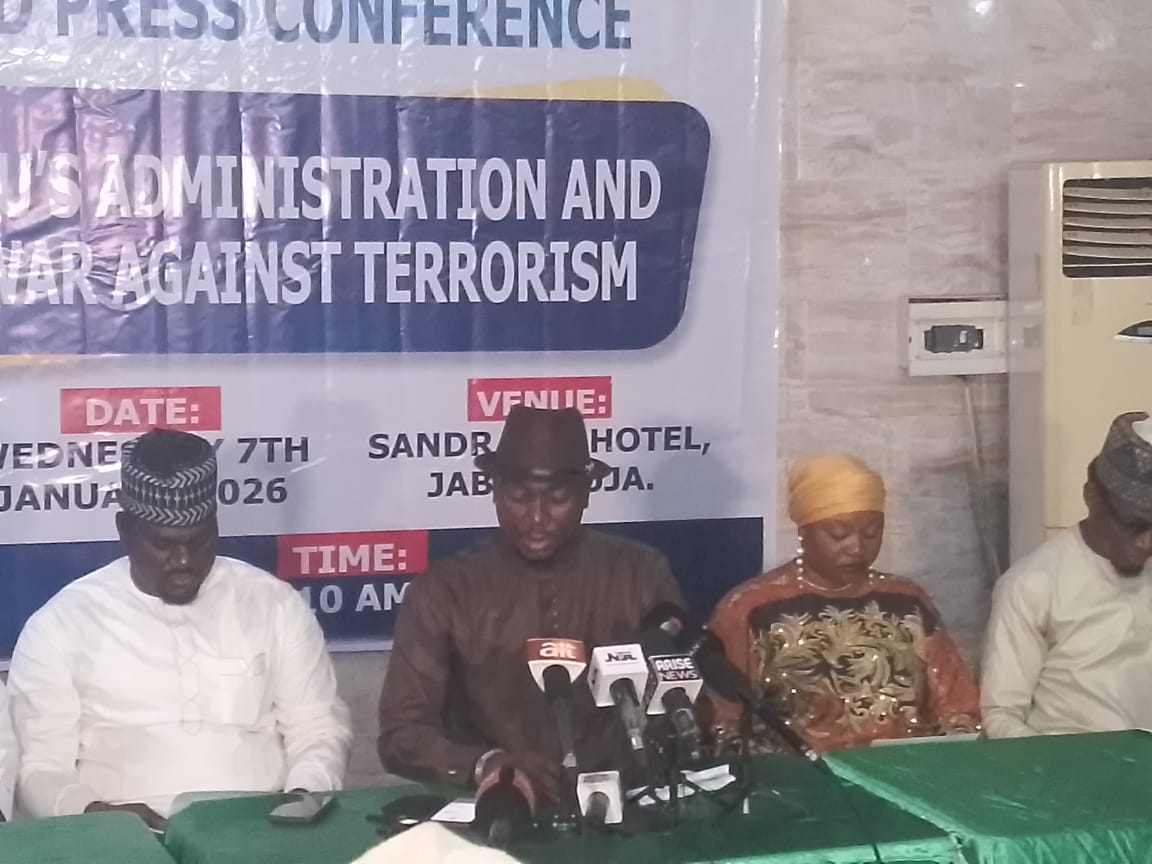Nigeria is facing a “coordinated and deeply troubling escalation of violence” aimed at destabilising the country, Speaker of the House of Representatives, Rt. Hon. Abbas Tajudeen said on Tuesday as lawmakers dedicated a rare special plenary session exclusively to national security.
Declaring that the House had suspended all other matters due to the urgency of the moment, Abbas warned that recent attacks across states—including mass killings, school abductions, and kidnappings in places of worship—were part of a deliberate strategy “to instil fear, weaken public confidence, and create the illusion that violent groups can act without restraint.”
Diplomats from the United States Embassy and the visiting Speaker of the Parliament of Saint Kitts and Nevis witnessed the session, which came after deadly incidents in Kebbi, Niger, Zamfara and Kwara.
Abbas commended President Bola Ahmed Tinubu for postponing his G20 Summit trip to take direct charge of security operations, saying his directives enabled the swift rescue of worshippers in Kwara and the recovery of several abducted students in Niger.
He also cautioned Nigerians against the spread of fake images and unverified claims on social media, which he described as a “parallel threat” capable of inflaming tensions.
Contributing to the debate, Deputy Speaker Benjamin Kalu said Nigeria’s laws were strong but crippled by “weak institutions, inadequate funding, and a misalignment between policy and execution.”
He broke his intervention into a structured five-part analysis covering escalating internal threats, institutional weaknesses, and the need for a six-month legislative security agenda.
Kalu highlighted recent indiscriminate kidnappings—from schoolchildren in Kebbi to worshippers in Zamfara—and warned that armed groups were now imposing parallel governance structures, including illegal tax demands of up to N100 million in parts of Zamfara.
He condemned ongoing amnesty negotiations, insisting “we cannot negotiate with those who kidnap our children,” and called for decentralised policing, predictable police funding, and transparent disarmament protocols.
The House Minority Leader, Mr. Kingsley Chinda, urged Parliament to “stand its ground,” calling for intense legislative oversight, border security reforms and the establishment of state or community police.
He proposed summoning all security chiefs for a closed-door session to obtain “facts and figures” to inform stronger legislative action.
The House committee on Defence Chairman, Babajimi Benson, who is among lawmakers who shared their minds on the burning issue, said Nigeria was suffering from decades-long equipment decay, worsened by instability in the Sahel and Libya’s collapse, which unleashed a flow of light weapons into the country.
He insisted that only strategic leadership, improved welfare for security personnel, enhanced infrastructure and good governance can defeat terrorism.”






